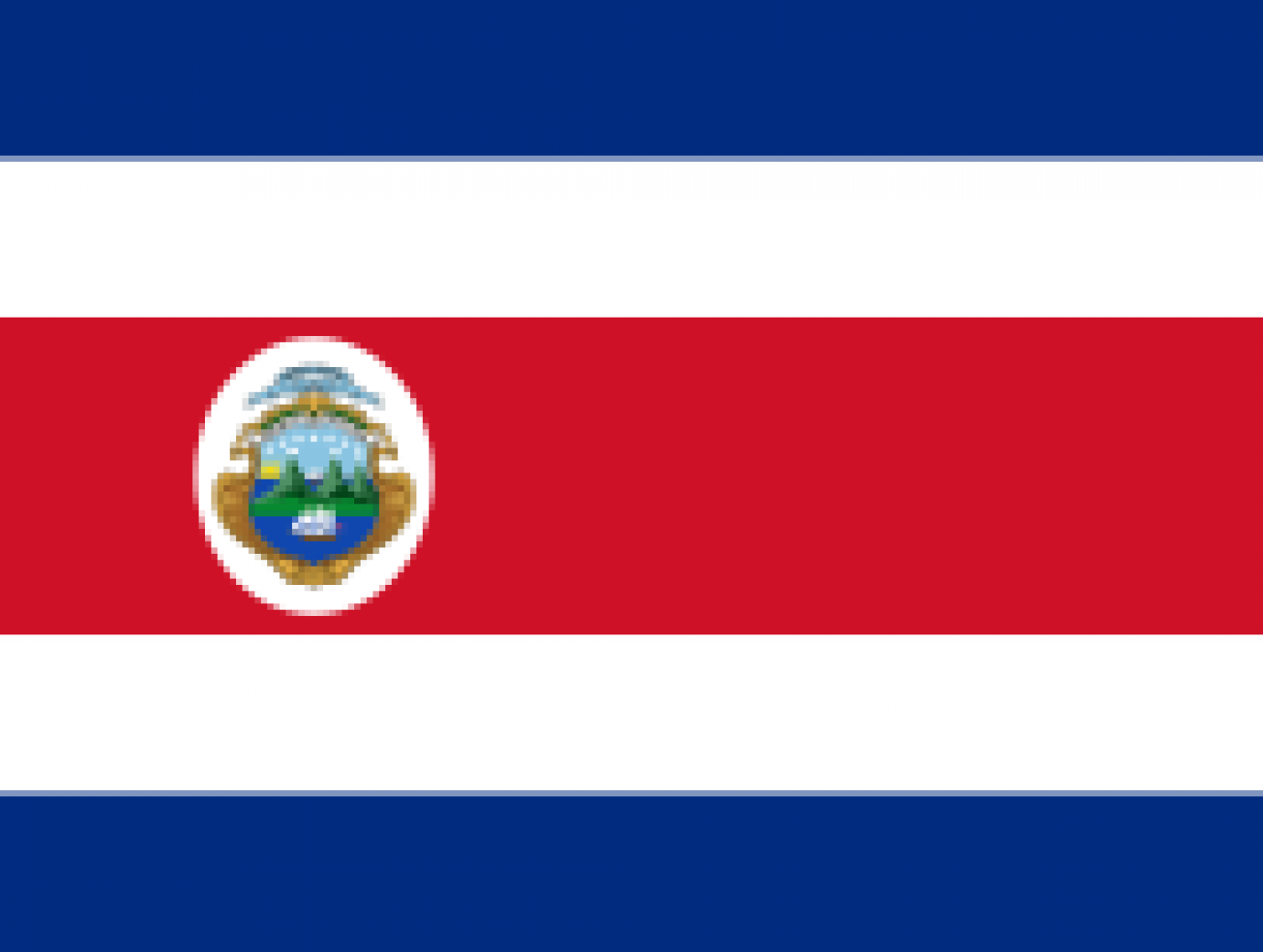October 2017 marks the introduction of the rotavirus and human papillomavirus (HPV) vaccines in Costa Rica’s immunization program. This decision results from the recommendations of the country National Immunization Technical Advisory Group (NITAG). Since 2001, Costa Rica’s NITAG, which is called Comisión Nacional de Vacunación y Epidemiología (National Commission on Vaccination and Epidemiology), is in charge of establishing and periodically updating the national immunization schedule as well as formulating overall policies and strategies for immunization. In order to issue the recommendations, the NITAG conducted cost-effectiveness studies that were then approved by its members.
The rotavirus vaccine will be administered to children younger than 8 months, while the HPVvaccine will be administered to 10-year-old girls.
"With the introduction of these vaccines in the official vaccination schedule, we now have one of the most complete vaccination schedules in the region. And this will result in the health of the population, reducing disease burden caused by rotavirus and HPV, as well as decreasing the incidence of cervical cancer in the medium and long term," stated the Coordinator of Immunizations and NITAG secretary, Dr. Roberto Arroba Tijerino.
The rotavirus vaccine will be purchased next year with a budget from the Ministry of Health; the vaccine will be donated to the Costa Rican Department of Social Security, which will be responsible for vaccine administration. It is estimated that the vaccination program will start after arrival of the vaccine in the country in mid-2018. Since Costa Rica’s Immunization Law passed in 2001, the entire population recieves free access to immunization and the law requires both the Ministry of Health and the Costa Rican Department of Social Security to ensure sufficient amounts in their budgets to purchase vaccines and cover the costs of the program. The rotavirus vaccine is being purchased through the Pan American Health Organization Revolving Fund.
The date of introduction of the HPV vaccine remains to be determined. It is estimated that it could be incorporated into the official country immunization schedule by 2019.


